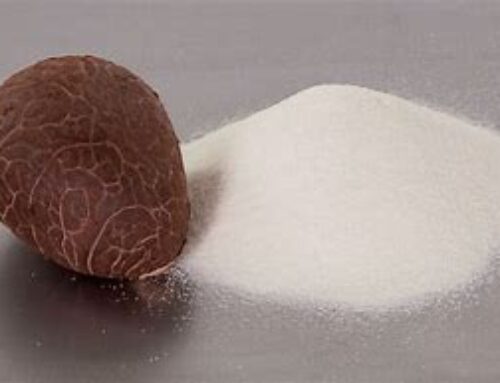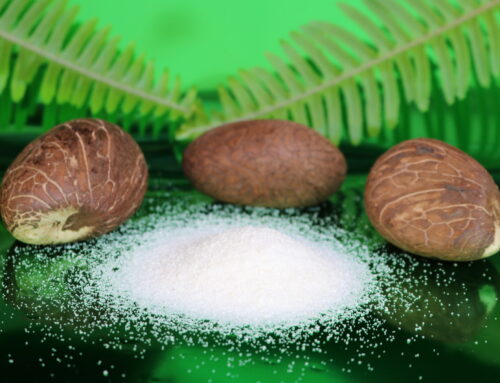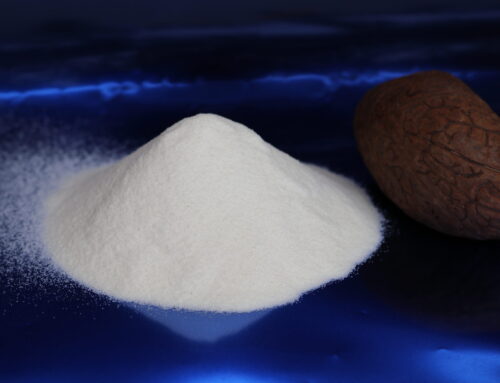The feeling of deep cleansing that a good scrub gives is very pleasant. But did you know that this product can affect the oceans? This is because, many times, the exfoliating particles are made of plastic – material that will exceed the number of fish by 2050, according to the forecast of the World Economic Forum of Davos, 2016.
Thinking about the environmental consequences of plastic micro spheres in rinsed products, we decided to replace them, in 2014, with vegetable alternatives, such as coffee and tagua phytelephas aequatorialis -based ingredients. Long before any regulatory prohibition.
Plastics in the oceans and seas
Plastic micro particles end up going easily through water treatment systems and are thrown into rivers and seas, impacting marine ecosystems.
Also depending on their tiny size, these balls can be ingested by marine animals and enter the food chain, reaching your plate.
The impact of polyethylene
The effect of that is not yet known. Study of the University of Ghent, in Belgium, published at the beginning of 2017, found that most of the plastic micro spheres are eliminated, but what remains in the body does not have a very clear destination.
«To where they go? They are encapsulated by tissues and expelled by the body or cause inflammation or worse things? ”Colin Janssen, study coordinator, questioned for the English newspaper The Telegraph.
Label Check
One way to verify if you are wearing a scrub with a plastic rinse at home is to check the label and look for the following words in English: polyethylene, polypropylene, polyethylene terephthalate, polytetrafluoroethylene, poly (methyl methacrylate) and nylon.






